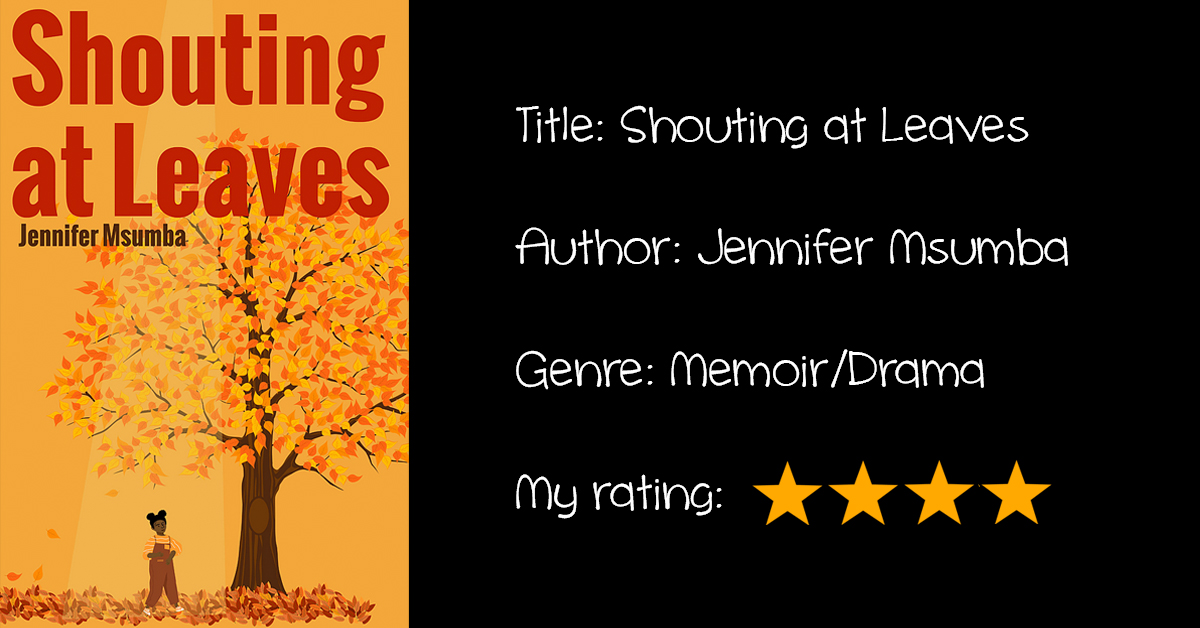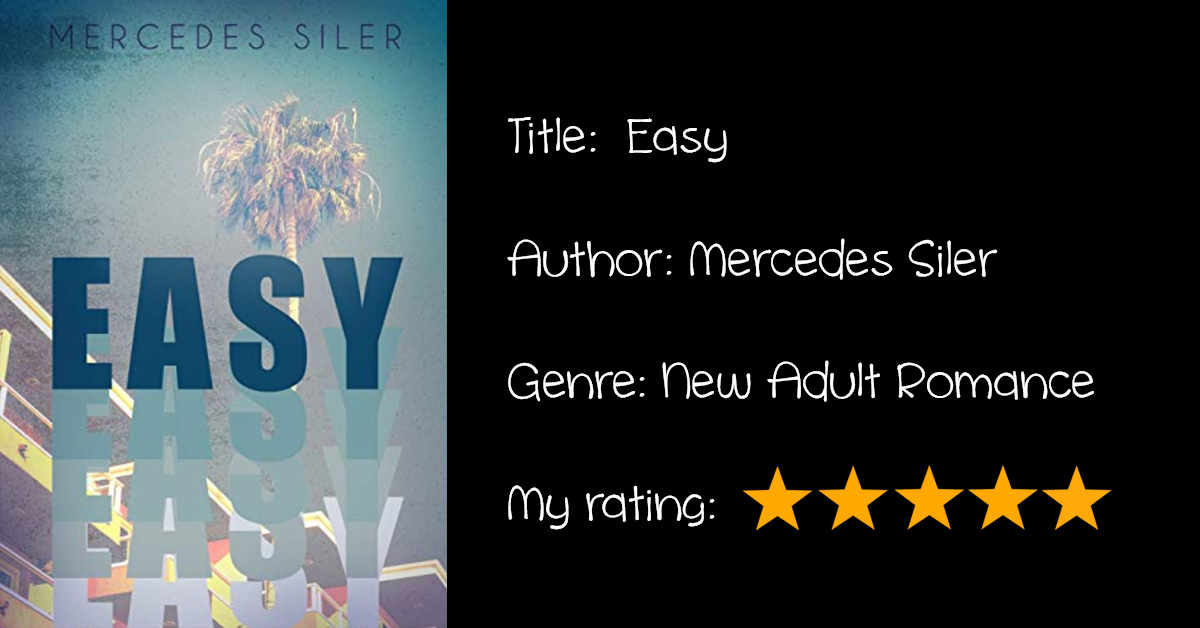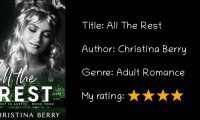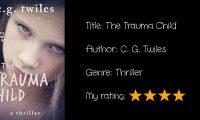Review: “Shouting At Leaves”
A heartbreaking memoir about the physical, social, and emotional abuse experienced by an autistic savant
This was my twenty-sixth book I chose via the Reedsy Discovery program, for which I am the single approved reviewer for this new book. This review also appears on Reedsy.
If you’re interested in becoming a Reedsy reviewer (and have the chance to get paid “tips” to review books!) check it out here.
The Premise
Charting her life from a young child to an adult, this memoir recounts Jennifer’s experience of multiple forms of abuse by organisations, agencies and laws created to “protect” her. From her struggles connecting with others as a child and teenager, to her prolonged experience in confinement in the mental health system, she emerges triumphant despite her harrowing experience. In sharing her story, she also provided tips and strategies to equip other autistic people and their families, so as to avoid them making the wrong decisions that could lead to her same fate.
The Pros & Cons
This was a heartbreaking memoir about the physical, social, and emotional abuse experienced by an autistic savant. From her earliest memories, Jennifer has always known she was different. A high-functioning autistic, she was not diagnosed until much later in life.
This memoir follows her journey as she struggles to make friends and connect with others as a child and teenager. Her thoughts and behaviours overpower her, and she genuinely believes that her repetitive, obsessive actions will be a matter of life or death for her mother.
As she gets older, her difficulties result in her being institutionalised — first for temporary periods at her parents’ volition, and then eventually for an indefinite period she found herself trapped, as she had surrendered some of her rights and her parents had done the same as they believed it was in her best interest for treatment.
The institutions did not match her profile — her behaviour was not the same as others who self-harmed, or ran away from home. This led to a feeing of dissonance, as she didn’t understand how her treatments didn’t match her illness; as she terms it:
I felt like I was trapped in some weird cult but hadn’t been brainwashed yet[…] I hid my joy deep inside so it wouldn’t be stolen by that place and those people.
Group homes overmedicated her, and she gained weight and experienced deep depression on medications that focused on external control rather than internal control. She was also forced to do menial labour, and was severely punished for the slightest infractions by methods including shock therapy. She felt stymied in terms of growth and development:
I WANTED to do well, to get well. But nobody helped me[…] I wanted so passionately to experience real adult life. I was in my thirties. I wanted and needed to experience meaningful work and friendships.
Eventually, she was gradually able to achieve incremental success at regaining her rights and her independence, and as she emerged from the horror she experienced, she was struck by the real world:
Freedom was the candy[…] I had so much unlearning to do. I had been programmed, and I was just now realizing this.
Overall this was an excellent and moving read. My only minor note would’ve been to keep the recount of her experience i.e. the “story” separate from the “lessons” i.e. the tips — for me, this would have better kept the narrative intact to engross the reader, and would have allowed for a full reference section at the end. This would also have circumnavigated the repetition; as it was divided by chapter, some points came up several times, especially the warnings to families to investigate the institutions properly — though certainly that point is one that deserves repetition, as it is so critical!
Conclusion
This memoir was incredibly difficult to keep on reading at times. I felt a wave of pain just trying to grasp how the author must have felt — trapped in her body and mind as her liberties are ripped from her and she is forced into a life that punishes her for being different. The experience was soul-crushing and dehumanizing, made even worse by the fact that institutions were able to enact these forms of torture under the banner of “legal” practices — in essence, it was legalized abuse. I am grateful to the author for sharing her experience, and appreciate that she took the time and care to also provide tips and guides for other individuals with autism and their families that may have to cope with some of these issues.








